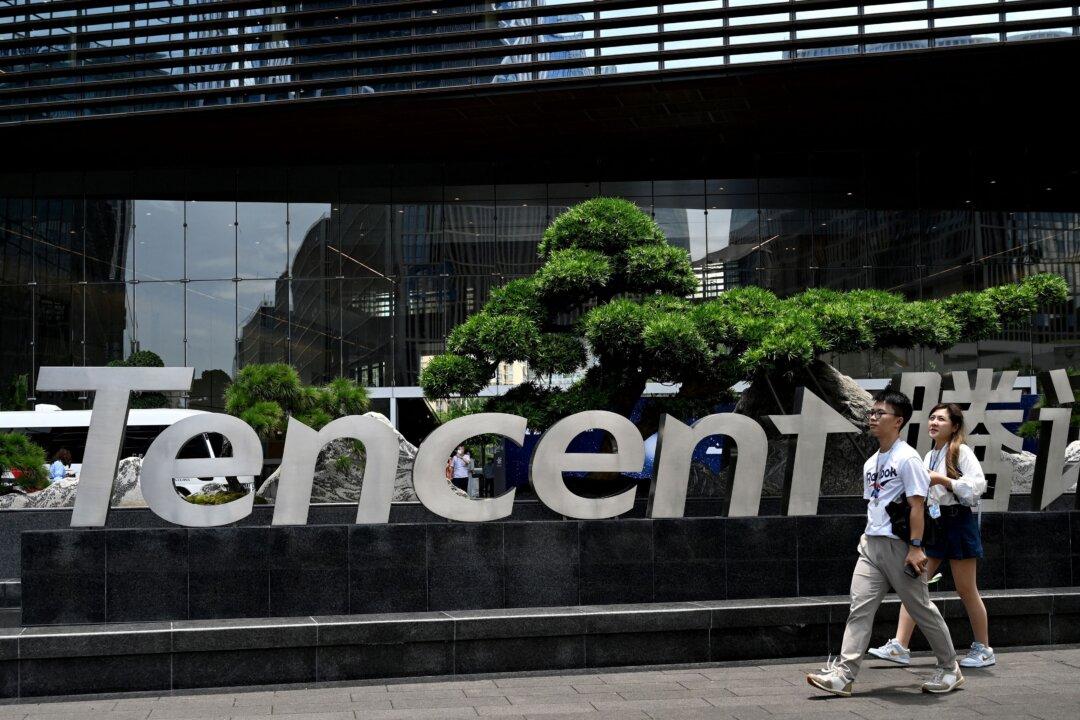China’s Tencent, one of the world’s biggest video game publishers, has relinquished its right to appoint directors and observers to the board of Epic Games Inc., with two Tencent-appointed directors resigning, the Department of Justice (DOJ) announced on Dec. 18.
The DOJ had been investigating Tencent for antitrust law violations. Section 8 of the Clayton Act prohibits people from serving as directors or officers in any two corporations that are engaged in commerce or competition, with exceptions for banking and trust companies.





